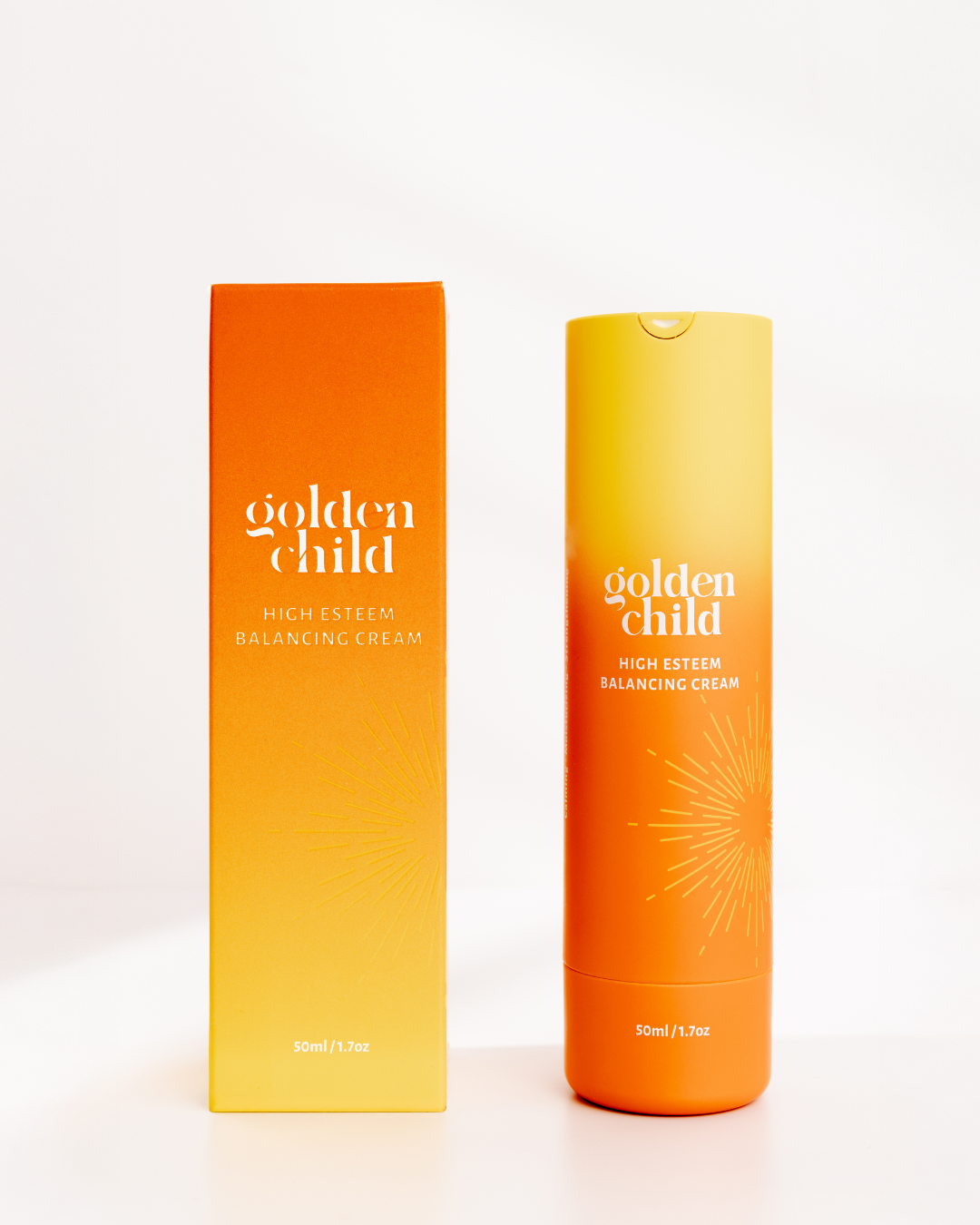Sun Protection Tips for College Students: How to Prevent Skin Damage on Campus

Yes, sun protection is essential for college students—even on cloudy days or during quick walks to class. Daily SPF use reduces your risk of premature aging, sunburn, and even skin cancer. A lightweight, non-greasy sunscreen can easily fit into your routine—no excuses needed.
Too Busy for SPF? Think Again.
From rushing to 8 a.m. lectures to hanging out on the quad, college life often means spending time outdoors without realizing it. But here’s the catch: up to 80% of visible skin aging is due to UV exposure, not genetics. And no, you don’t need to be sunbathing to get sun damage.
Whether you're on a sunny California campus or battling overcast skies in the Pacific Northwest, consistent sun protection is crucial. In this guide, we’ll break down the best sunscreen practices for students and share simple ways to integrate SPF into your daily routine—without adding stress to your already-packed schedule.
Why Sun Protection Matters for College Students
|
Risk |
Why It Matters |
|
Premature Aging |
UV rays break down collagen, causing wrinkles and dark spots |
|
Sunburn |
Just one severe sunburn doubles your risk of melanoma later |
|
Hyperpigmentation |
Acne scars and dark marks last longer with sun exposure |
|
Skin Cancer |
Melanoma is one of the most common cancers in young adults |
Even 10 minutes of sun exposure each day adds up. Sunscreen isn’t seasonal—it’s essential.
Related products:
The Best Sun Protection Tips for Busy Students
1. Choose the Right Sunscreen for Your Skin Type
Look for broad-spectrum SPF 30 or higher with non-comedogenic formulas that won’t clog pores.
|
Skin Type |
Best Formula |
|
Oily/Acne-Prone |
Gel or water-based sunscreens (e.g., La Roche-Posay Anthelios) |
|
Dry Skin |
Cream formulas with added moisturizers |
|
Sensitive Skin |
Mineral sunscreens with zinc oxide or titanium dioxide |
2. Apply Before You Leave the Dorm
Sunscreen takes 15 minutes to activate, so apply it before you head out—even if you’ll be indoors most of the day. UV rays still reach you through windows and while commuting.
3. Reapply Midday—Without Mess
Reapplying sunscreen on the go is easier than you think:
- Powder SPF for a quick touch-up over makeup
- SPF setting sprays to refresh and protect
- Stick sunscreens for portable, no-mess coverage
4. Don’t Skip Cloudy or Winter Days
Up to 80% of UV rays can penetrate clouds. And snow? It reflects UV rays, increasing your exposure. Make SPF a daily habit, not just a summer thing.

5. Protect More Than Just Your Face
Don’t forget:
- Ears and neck (common areas for skin cancer)
- Back of hands (show early signs of aging)
- Lips – use a balm with SPF 15+
Read more: Understanding The Effect of Stress On Skin Health
Common Sunscreen Mistakes Students Make
"I only need sunscreen if it’s sunny."
Reality: UV damage happens even on cloudy days or while sitting by a window.
"My makeup has SPF, that’s enough."
Reality: Most makeup SPF isn’t applied thickly enough. Think of it as a bonus, not your main protection.
"I have darker skin, so I don’t burn."
Reality: Melanin offers some protection, but not enough. People of all skin tones need sunscreen.
Read more: What Is The Skin Barrie
Final Thoughts: Protect Now, Glow Later
College is the perfect time to build healthy habits; including skincare. A few seconds of SPF each day can save you years of regret down the road. At Golden Child Skin, we believe skincare should be clear, kind, and college-friendly.
So toss a mini sunscreen in your backpack, set a phone reminder, and make sun protection part of your daily routine. Your future skin will thank you.











